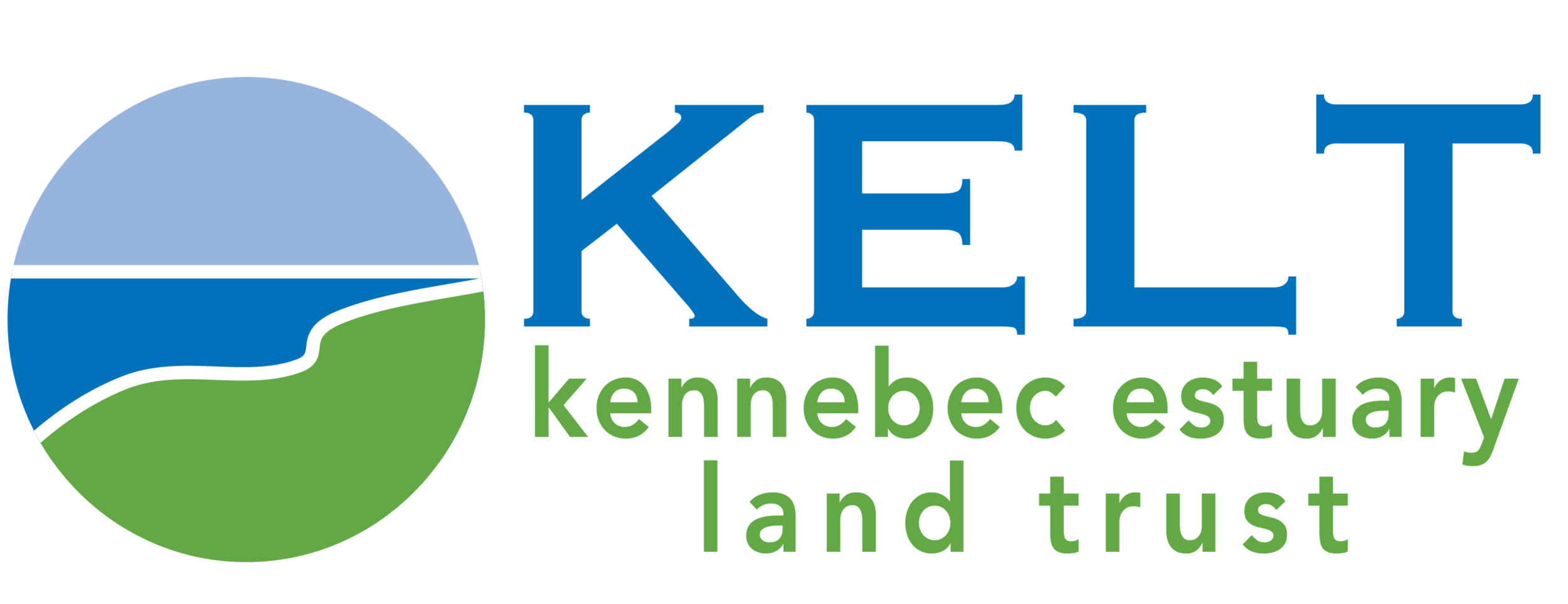Learn how we can work with nature to trap and store carbon to benefit human and natural communities.
WHEN: Wednesday December 4th AT 5:30 PM
WHERE: in person at the patten free library or virtually via zoom. registration is only required for zoom.
Presenters: Andrew Whitman, Paul Arnold
Learn about nature-based solutions that can help us to limit and adapt to climate change and discuss ways we can apply these solutions to benefit communities and the environment in our part of Maine. Two experts will share examples of nature-based solutions, like conserving and restoring ecosystems, using agricultural practices that reduce emissions and trap carbon, managing healthy forests, and integrating nature into urban areas. Another solution that can trap carbon and benefit ecosystems that will be shared is biochar, a charcoal that can be produced from plant matter and stored in the soil.
The presenters for this program are Andrew Whitman and Peter Arnold.
Andrew Whitman is the Climate and Forest Carbon Specialist at the Maine Department of Agriculture, Conservation and Forestry. He has a wealth of experience in forest science, conservation, and management in New England and Maine, and has held roles as a field researcher, project manager, strategic planner, program leader, and policy developer. He spent a significant portion of his career at Manomet, a prominent conservation science nonprofit and holds a Master of Science degree in Wildlife Ecology from the University of Maine.
Peter Arnold has pursued many interests in the general field of sustainability including: organic gardening, alternative building, renewable energy, composting, making biochar, growing microgreens, seaweed farming, foraging and wild-crafting. Professionally, he served in the Peace Corps, taught homebuilding at the Shelter Institute, built passive solar homes, worked as a licensed Social Worker (LCSW), harvested seaweed, and spent a dozen years at the Chewonki Foundation guiding their sustainability programs focused on renewable energies. Peter currently directs RePower Wiscasset, a collective interested in developing an “Energy Village” on town owned land in Wiscasset. His interest in biochar stems from its ability to lower atmospheric CO2 at any scale from personal to large businesses.
This program is part of a continuing series of Bath Climate Conversations focused on learning, discussing, and connecting around ways to sustain and support our vibrant town as climate change occurs.
Hosted by Bath Climate Action Commission in partnership with KELT and the Patten Free Library and presented in person and on Zoom. Recordings of these programs will be posted in KELT’s Virtual Learning Library.

